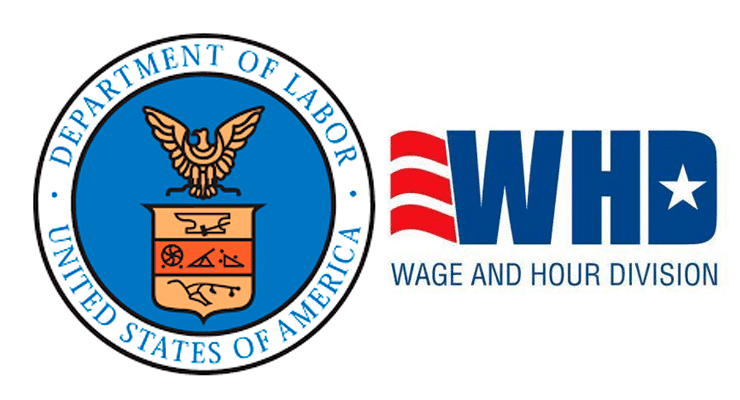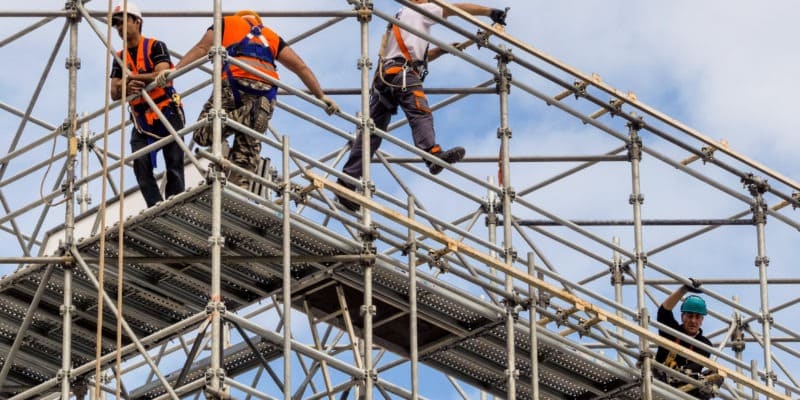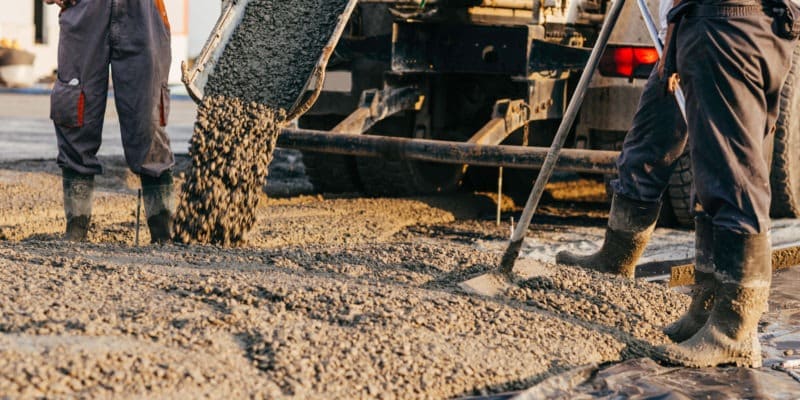Updating the Davis-Bacon and Related Acts Regulations
Oct. 23, 2023
Effective today, October 23, 2023, the U.S. Department of Labor implemented the final rule, “Updating the Davis-Bacon and Related Acts Regulations.” This implementation follows the official publishing of the final rule in the Federal Register on August 23, 2023.
The change in regulation provides greater clarity and enhances the Davis-Bacon and Related Acts (DBRA) regulations’ effectiveness in the modern economy. Updates to the regulations strengthen and streamline the process for setting and enforcing prevailing wage rates on federally funded construction projects. This ensures that when the federal government invests in infrastructure, it also invests in workers.
These regulatory changes improve the department’s ability to administer and enforce DBRA labor standards effectively and efficiently. These changes include:
- Creating several efficiencies in the prevailing wage update system and ensuring prevailing wage rates keep up with actual wages, which over time would mean higher wages for workers.
- Returning to the definition of “prevailing wage” used from 1935 to 1983 to ensure prevailing wages reflect actual wages paid to workers in the local community.
- Periodically updating prevailing wage rates to address out-of-date wage determinations.
- Providing broader authority to adopt state or local wage determinations when certain criteria are met.
- Issuing supplemental rates for key job classifications when no survey data exists.
- Updating the regulatory language to better reflect modern construction practices.
- Strengthening worker protections and enforcement, including debarment and new anti-retaliation provisions.
Visit our website for more information on the Davis-Bacon Final Rule and the Davis-Bacon Act.








